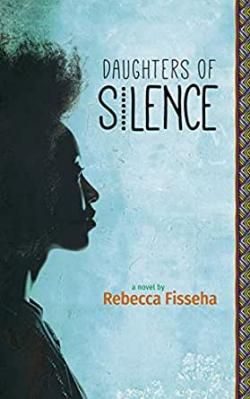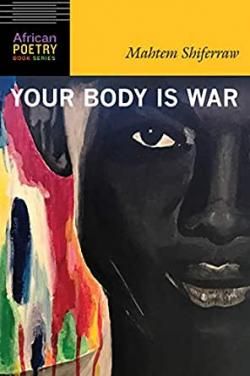The Week Staff
Maaza Mengiste‘s The Shadow King, a novel set in Ethiopia during Mussolini’s 1935 invasion, was shortlisted for this year’s Man Booker Prize. Below, the New York–based author recommends her favorite books by writers from her native country.
The Wife’s Tale by Aida Edemariam (2018).

The Wife’s Tale is an impassioned and elegant biography of the author’s grandmother, who was born in the 1920s and lived to be nearly 100. It is an intimate glimpse into how one remarkable woman experienced some of the most significant moments in Ethiopia’s modern history.
The Beautiful Things That Heaven Bears by Dinaw Mengestu (2007).

Mengestu’s story of an Ethiopian-born grocer in 1970s Washington, D.C., has become a classic, and it deserves every accolade. Haunting, heartbreaking, and beautifully written, Mengestu’s novel is a testament to what remains, even when we think we have left our past behind.
Daughters of Silence by Rebecca Fisseha (2019).

A flight attendant from Canada is stranded in Addis Ababa, her native city, in a novel that becomes an insightful meditation on grief and secrets, and how those two things can bind a family and tear it apart at the same time. Daughters of Silence is an exploration of things that must be spoken and called forth, despite the potential cost.
Your Body Is War by Mahtem Shiferraw (2019).

The title poem in this stunning collection by a gifted writer and artist begins, “because you have spent/enough time carving a wound/as big as a star, and when it’s ready/you flesh it out.” And what unfolds as we read each poem is an evocative examination of the power and vulnerability of the female body as it moves through the world.
Notes From the Hyena’s Belly by Nega Mezlekia (2000).

This is a riveting, vivid memoir about the author’s childhood in Jijiga, Ethiopia, and the events that led to his forced conscription into a guerrilla army at the age of 18. Vividly detailed and written with deep emotion and urgency, it makes Ethiopia of the 1970s and ’80s come alive.
Things Are Good Now by Djamila Ibrahim (2018).

The nine stories in Ibrahim’s poignant debut revolve around women who find themselves at the mercy of history, family, and love. The lives illuminated here offer us new ways to speak of displacements that can be both physical and psychological.
This article was first published in the latest issue of The Week magazine. If you want to read more like it, you can try six risk-free issues of the magazine here.
—